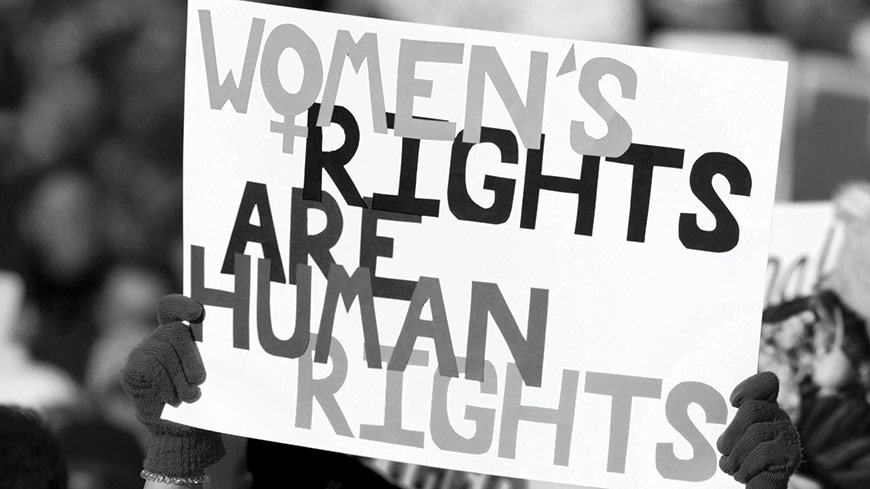Follow-up Findings 2023 of the European Committee on Social Rights: Women’s Health and Barriers to Abortion Access in Italy

The European Committee on Social Rights (ECSR) examined the follow-up to the decisions in two collective complaints: International Planned Parenthood Federation – European Network (IPPF EN) v. Italy (no. 87/2012, decision of 10 September 2013) and Confederazione Generale Italiana del Lavoro (CGIL) v. Italy (no. 91/2013, decision of 12 October 2015), addressing the issue of the violation of the right to adequate health care without discrimination in case of termination of pregnancy.
The Committee found that Italy had not brought the situation into conformity with Article 11 ( protection of health) European Social Charter (Revised) and Article E (non-discrimination), read in conjunction with Article 11 of the Revised Charter.
In both cases, the ECSR found that Italy failed to ensure non-discriminatory treatment for women wishing to terminate their pregnancy, who are forced, at risk to their health, to move from one hospital to another within the country or to travel abroad because of a lack of impartial health staff in several hospitals in Italy. The ECSR considered that the denial of abortion facilities may cause the women substantial economic costs because they are forced to seek treatment in another region of Italy or abroad. Women may be deprived of any effective opportunity to exercise their legal right to such services.
Regarding the CGIL v. Italy (2015), the ECSR found that the situation has not been brought into conformity with the Revised Charter concerning Article 11.1 (remove as far as possible the causes of ill-health), Article 1.2 (protection the right of the worker to earn his living in an occupation freely entered upon) and Article 26. 2 (promotion awareness, information and prevention of recurrent reprehensible actions in the workplace).
The non-compliance with the Revised Charter was found on the grounds that Italy failed to ensure that the health facilities provide the termination of pregnancies, which, despite the applicable legislation, makes access to these services difficult for the women concerned who face substantial difficulties in obtaining access to such services and who are forced to seek alternative solutions at risk to their health. In addition, the health facilities did not take the necessary measures to compensate for the deficiencies in service provision arising from health personnel who claimed conscientious objection.
According to Article 1.2 of the Revised Charter, the ECSR considered the justification of the difference in treatment between objecting and non-objecting medical practitioners, namely the cumulative disadvantages the latter suffered at work, both directly and indirectly, in terms of workload, distribution of tasks, and career development opportunities was unreasonable and non-objective. In addition, Italy failed to organize preventive training or awareness-raising measures to protect non-objecting medical practitioners from moral harassment.

